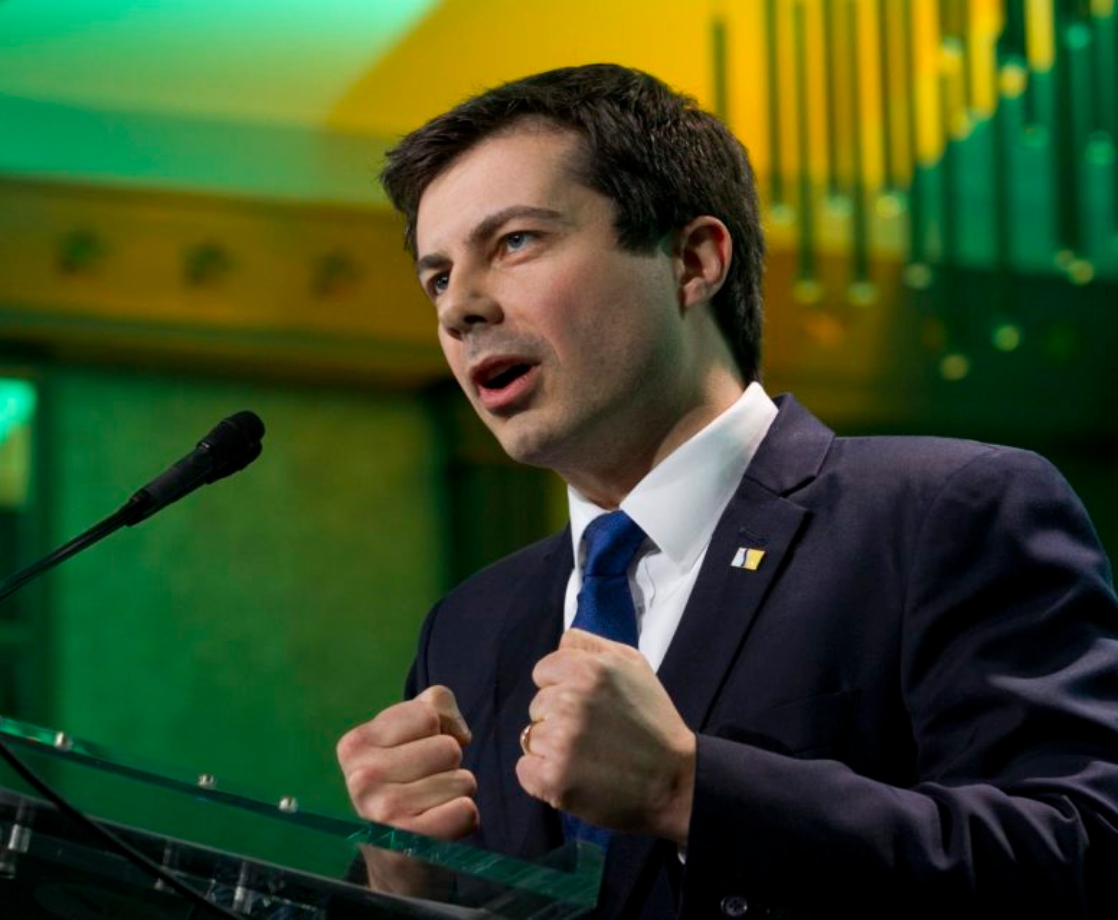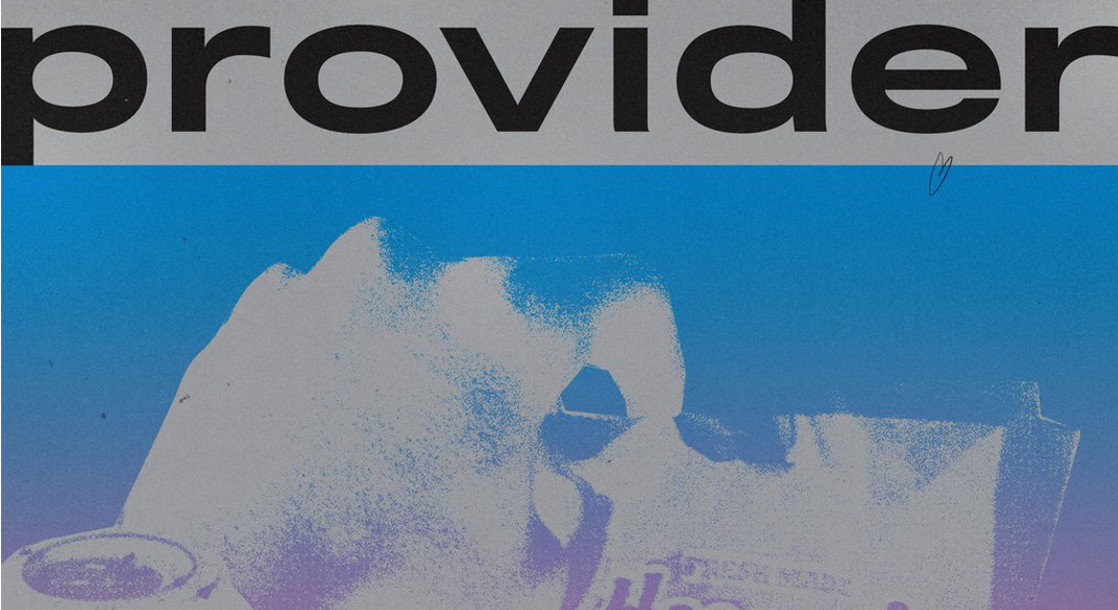Every Democratic presidential candidate has, so far, proposed decriminalizing or legalizing marijuana at the federal level. But on Friday, Pete Buttigieg took it up another notch: He said he’d decriminalize all drug possession during his first term. Assuming he wins the race, of course.
Buttigieg, who currently serves as the mayor of South Bend, Indiana, unveiled the proposal on Friday as a way to fight the nation’s widespread opioid epidemic. By decriminalizing drug possession, addiction would be treated as a public health issue rather than a criminal one, and addicts may feel safer seeking out help — from rehab clinics, counselors, and the like.
“To ensure that people with a mental illness or substance use disorder can heal, we will decriminalize these conditions,” the proposal reads at Buttigieg’s campaign website. “When someone is undergoing a crisis or is caught using a drug, they should be treated by a health professional rather than punished in a jail cell.”
The proposal aims to reduce “the number of people incarcerated due to mental illness or substance use by 75 percent in [Buttigieg’s] first term.”
Other Democratic presidential hopefuls have also pitched their drug policy reform plans to the public. Former Vice President Joe Biden proposed decriminalizing marijuana possession but would only reschedule the drug from Schedule I (alongside heroin) to Schedule II (alongside meth and cocaine).
Gallery — Vintage Drug Advertisements:
Senators Bernie Sanders and Elizabeth Warren have proposed legalizing marijuana federally with retroactive re-sentencing for current pot convicts, as well as expungements for those who’ve already done their time. Unlike Sen. Kamala Harris, who sponsored the MORE Act last month to decriminalize weed nationwide, neither Sanders nor Warren have released detailed plans regarding how they would legalize weed.
Sen. Cory Booker, however, has shown his hand concerning legalization. He sponsored the STATES Act last year, which would bar the federal government from interfering with state weed legalization programs, but does not outright legalize weed at the federal level. President Trump has stated that he would sign the STATES Act if it’s passed by Congress.
Meanwhile, entrepreneur Andrew Yang, who also supports weed legalization, has begun offering marijuana-themed swag at his campaign rallies. Yang also previously promised to decriminalize opioid possession and to pardon all non-violent drug offenders if he’s elected president.
We truly live in interesting times when our presidential candidates can finally suggest ending the War on Drugs without completely killing their political aspirations. So-called small-government Republicans: Take note.
“All presidential candidates should join Pete Buttigieg in recognizing that the criminalization of people for their drug use is wrong and simply bad policy,” said Maria McFarland Sánchez-Moreno, executive director of the Drug Policy Alliance, in a press release according to Marijuana Moment.
“Possession of drugs for personal use is the single most arrested offense in the United States, eclipsing arrest rates for any other offense,” she continued. “With overdose numbers skyrocketing and entire communities, disproportionately black or brown, suffering from criminalization, it’s time for policymakers to shift gears. Taking an evidence-based, health-centered approach to address this crisis is not only true leadership — it’s common sense.”
Even President Trump, a Republican and the self-described “Law and Order President,” has made some moves to alleviate the suffering caused by the War on Drugs. During his first year in office, he reduced federal sentencing guidelines for certain low-level drug offenses, and he commuted a handful of life sentences for some non-violent drug offenders. But in contrast, his administration has also exploited US drug laws to justify wholesale deportations of both documented and undocumented immigrants.
Follow Randy Robinson on Twitter











